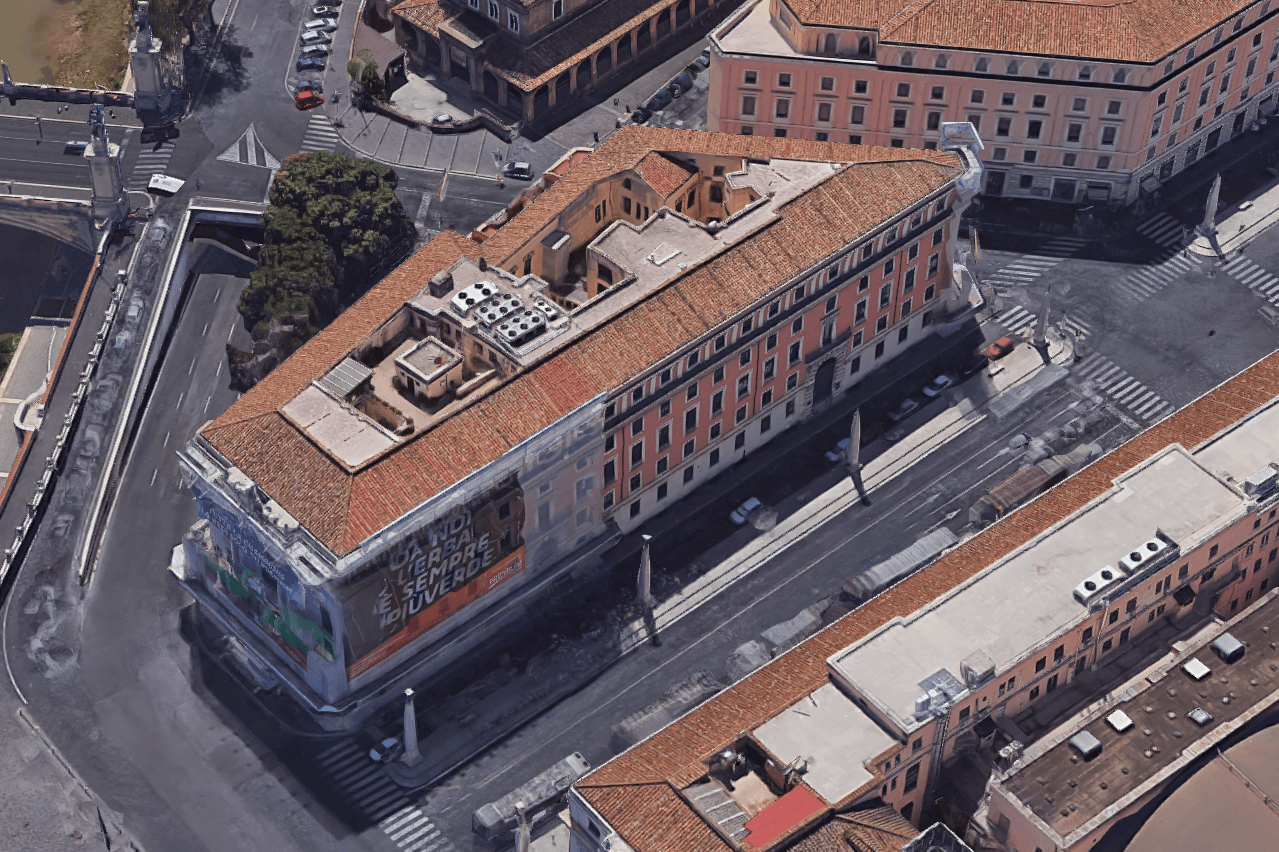As we had reported at the end of last year, Pope Francis terminated the membership of all the then-current members of the Pontifical Academy for Life, and there were around seventy of them at that time. A well-informed source told us recently:
At the end of 2016, the Pontifical Academy for Life was closed and all its members dismissed. The Academy will be reconstituted in 2017 with new statutes, and the Academy will then be repopulated. The process for naming new members of the Academy is not yet known.
When one looks at the official website of the Pontifical Academy for Life (PAL) – as I just did on 8 February 2017 – the following facts can be seen. After opening up the entry “members,” we see that there are no names at all listed. When looking at the entry “former members,” one may see some 172 names listed, among them being those recently dismissed members of the PAL, seventy in total. Moreover, it is stated under their names that their former appointments ended on 31 December 2016.
In light of these facts, let us briefly consider which names are – or should be – of special interest here. The following persons – who are listed as having been dismissed on 31 December 2016 from the PAL – have one thing in common. That is to say, they all have, in one way or another, expressed objections to the papal agenda for the liberalization of the Church’s moral teaching on marriage, as it was discussed during the two Synods of Bishops on Marriage and the Family, and as it was finally presented in Amoris Laetitia:
- Cardinal Carlo Caffarra. He co-authored the Five Cardinals Book and signed the dubia sent to Pope Francis;
- Cardinal Willem Eijk. He signed the 13 Cardinals Letter and co-authored the Eleven Cardinals Book;
- Cardinal Elio Sgreccia. He wrote a preface to a book written by Cardinal Ennio Antonelli defending the traditional Catholic teaching on marriage;
- Professor Josef Seifert. He wrote a detailed critique of Amoris Laetitia and asked for its clarification;
- Professor Robert Spaemann. He gave several interviews strongly opposing parts of Amoris Laetitia and supporting the Four Cardinals’ dubia.
- Professor Wolfgang Waldstein. He signed the Declaration of Fidelity with regard to the Catholic teaching on marriage.
Another important member of the Pontifical Academy for Life was Dr. John Haas, President of the National Catholic Bioethics Center (NCBC) in Philadelphia. He was a governing member of the PAL and is now no longer even listed as a former member of that Academy. The NCBC, under Dr. Haas’ leadership, had issued, in February of 2016, a statement regarding the Zika virus which refutes the proposed and spreading idea of licitly using artificial contraceptives in this context of a disease, or even to kill a baby in the womb with the help of an abortion. The NCBC statement was issued four days after Pope Francis himself had openly proposed considering the use of such contraceptives as a measure of prevention, blocking conception, in view of the seemingly spreading Zika virus. Though the NCBC document itself does not explicitly mention the pope by name, it was a clear response to the pope’s own statement on the matter.
What still remains of the PAL and its own set of team members is its President, Archbishop Vincenzo Paglia, and his own team.
Moreover, Paglia himself had only been named as the President of the PAL in August of 2016. He is a known “Kasperite” prelate and quite openly supports the pope’s liberalizing agenda with regard to Catholic morality. As we wrote in August of 2016:
With this decision [to appoint Paglia as head of the PAL], Pope Francis makes another move in order to strengthen the progressive direction of his papal teaching concerning moral matters. Paglia is known to be a strong supporter of the “opening” of the Catholic Church’s moral teaching with regard to marriage and the family. Paglia himself had published between the two Family Synods a book promoting the idea to give out Holy Communion to the “remarried” divorcees. He is also on record for repeatedly promoting the homosexual cause, for example by praising the U.S. TV show “Modern Family.” Paglia was also responsible for inviting homosexual couples to last year’s World Meeting of Families.
Thus Paglia himself has already given us a general idea as to the likely future work of the PAL. What will probably become even clearer in the near future is what Pope Francis himself more specifically plans to do with this organization. Even though the PAL just received – in November of 2016 – its own new statutes, which have now removed the [Dr. Jerome] Lejeune Oath — a set of principles that are even stricter than the traditional Hippocratic Oath — it is not yet so clear what its relationship will be with the new Dicastery for the Laity, Family, and Life. Nonetheless, what we can now reasonably expect – also in light of recent papal dealings with critics – is that most of the seven former members of the PAL, as they are listed and presented above, will no longer be invited back.
Post Scriptum: It seems that, as of today, the website of the Papal Academy for Life is not available. For the sake of documentation, we post here the three crucial cached versions of the same links as quoted above:
The current members of the PAL:
The former members of the PAL:
Archbishop Vincenzo Paglia and his team:
http://web.archive.org/web/20161130081507/http://www.academiavita.org/about_us.php
Update, 10 February: It seems that the PAL website is working again. However, we leave the links here for future references.


